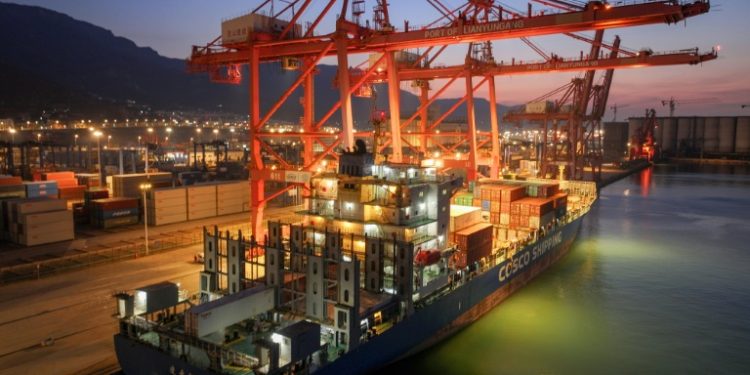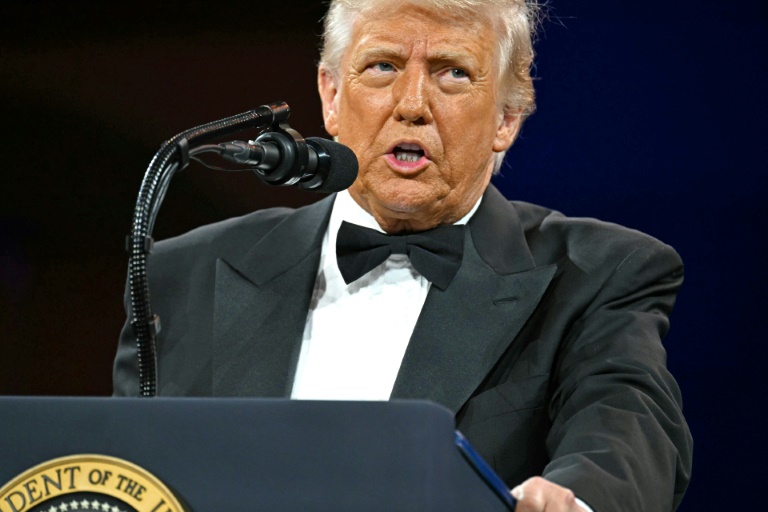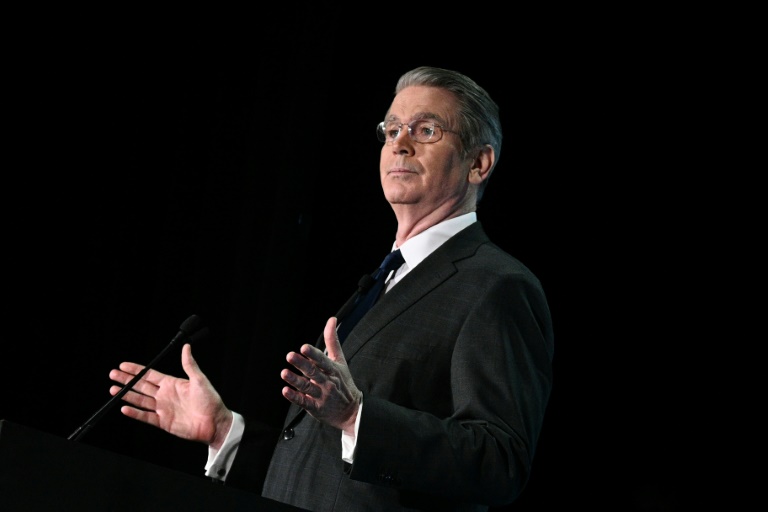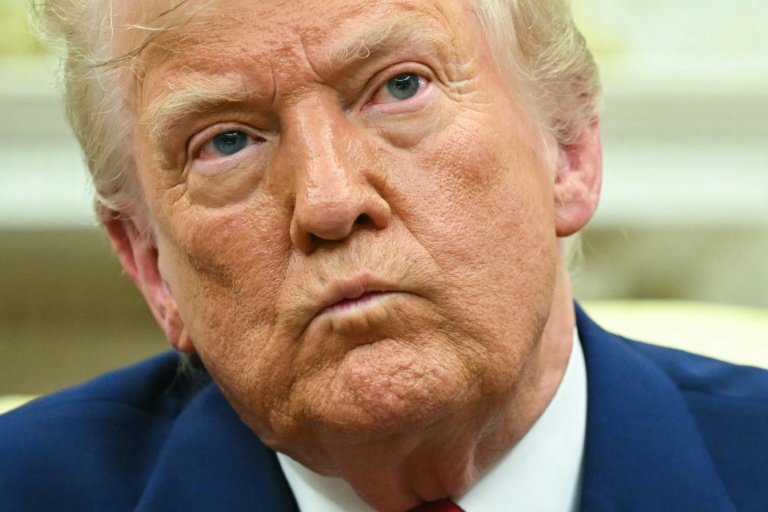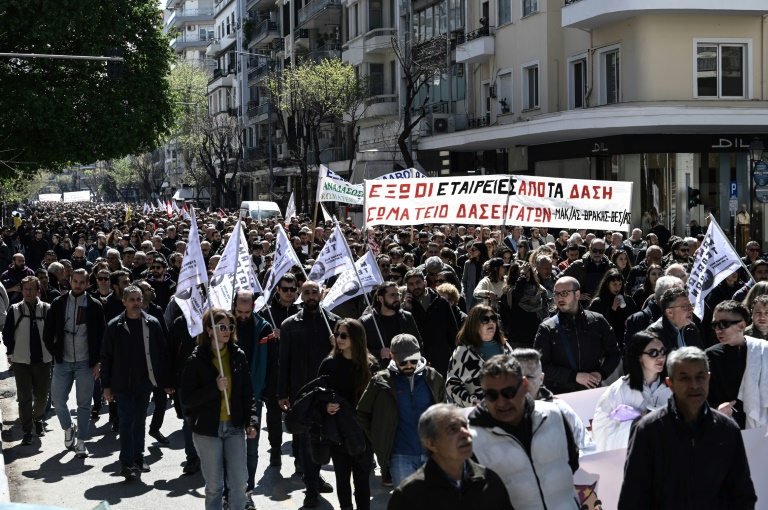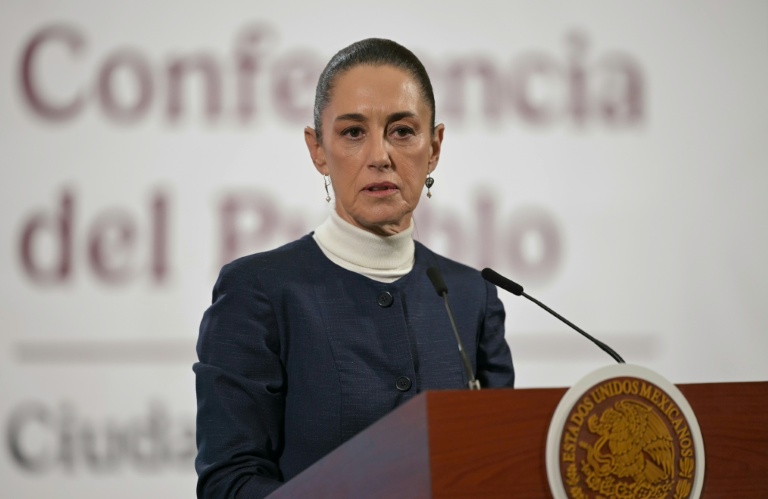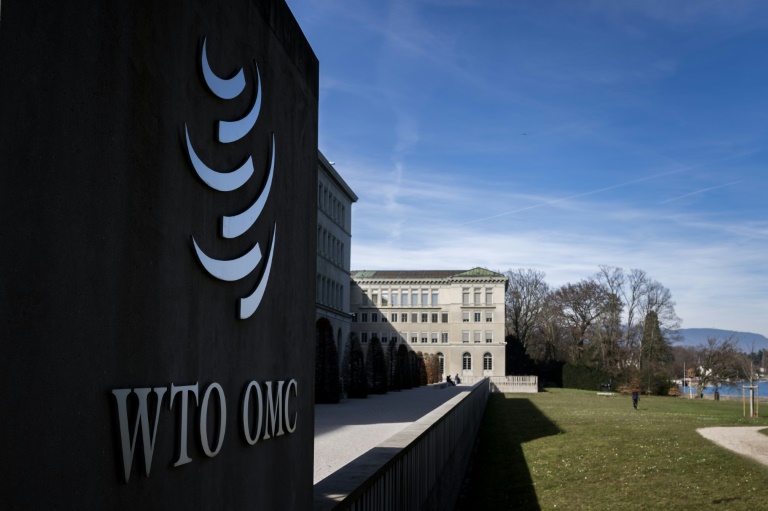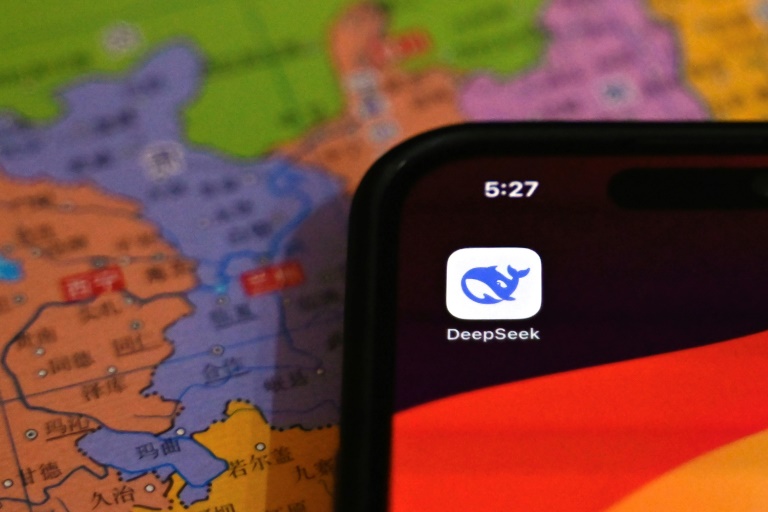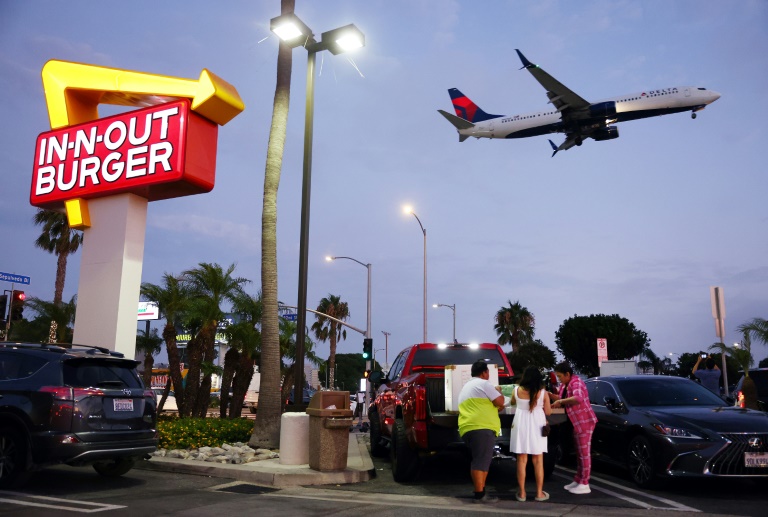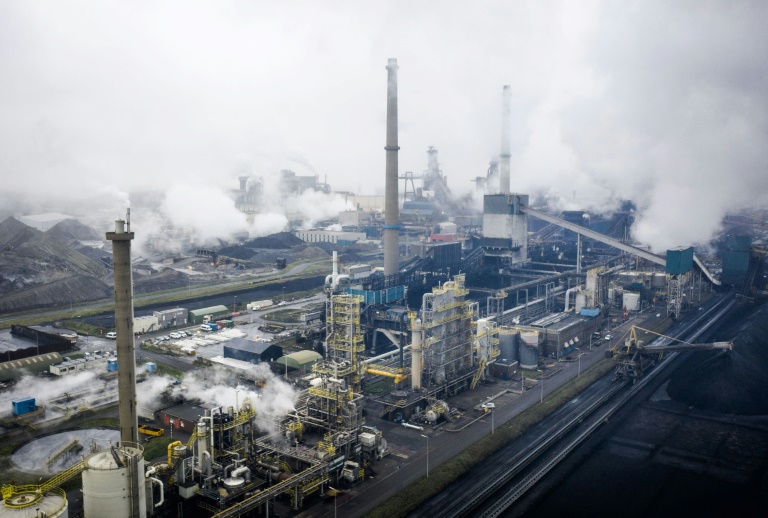Washington (AFP) – US President Donald Trump and Chinese counterpart Xi Jinping are expected to hold direct talks after announcing tit-for-tat tariffs in an escalating trade war, US officials said Tuesday. Beijing stated it was imposing levies on imports of US energy, vehicles, and equipment in a return salvo just minutes after Trump’s threatened tariffs on Chinese goods came into effect.
Trump suspended duties on Mexico and Canada on Monday for a month after both countries vowed to step up measures to counter the flows of the drug fentanyl and the crossing of undocumented migrants into the United States. It was not immediately clear when the leaders of the world’s two biggest economies would speak, although some suggested it could happen as early as Tuesday. Stock markets wavered as investors braced for volatile market activity in the coming weeks over Trump’s threatened tariffs on his country’s three biggest trading partners.
“Let’s see what happens with the call today,” Trump trade advisor Peter Navarro, a veteran of the US president’s first term, told news outlet Politico. When asked if Trump could halt the tariffs on China as well, he added: “It’s up to the boss. I never get ahead of the boss; that’s why I’m sitting here.” Trump imposed fresh 10-percent tariffs on Chinese goods, on top of levies that were already in place against Washington’s biggest economic competitor. Mexico and Canada had faced 25-percent tariffs.
White House Press Secretary Karoline Leavitt stated on Monday that Trump was due to talk to Xi but said Tuesday, “I don’t have any updates on when that call will take place.” “He is not going to allow China to continue to source and distribute deadly fentanyl into our country; that was the reason for this tariff,” Leavitt told reporters outside the West Wing of the White House.
China unveiled 15-percent levies on imports of coal and liquefied natural gas from the United States, while crude oil, agricultural machinery, big-engined vehicles, and pickup trucks face 10-percent duties. Beijing announced it would also probe US tech giant Google and the US fashion group that owns Tommy Hilfiger and Calvin Klein. China’s government stated that the measures were in response to the “unilateral tariff hike” by Washington and added that it would file a complaint to the World Trade Organization over the “malicious” levies.
Additionally, China unveiled fresh export controls on rare metals and chemicals, including tungsten, tellurium, bismuth, and molybdenum, which are used in a range of industrial appliances. China is a major market for US energy exports, and according to Beijing customs data, imports of oil, coal, and LNG totaled more than $7 billion last year. However, this is dwarfed by China’s imports from more friendly powers such as Russia, from which it purchased $94 billion worth last year.
Trump has made tariffs a key foreign policy tool of his second term, joking that the word tariff is the “most beautiful” in the dictionary. The Republican billionaire stated that his tariffs aimed to punish countries for failing to halt flows of illegal migrants and drugs, including the powerful opioid fentanyl, into the United States. Mexican President Claudia Sheinbaum and Canadian Prime Minister Justin Trudeau both struck last-minute deals with Trump on Monday to tighten border measures, leading to a 30-day pause on threatened tariffs. Talks will continue for the next month on broader pacts.
Mexico announced on Tuesday that it had begun the deployment of 10,000 strong border troops it promised Trump as part of the agreement to halt tariffs. “The deployment has already started,” Sheinbaum told reporters. More than 450,000 people have been murdered countrywide since Mexico launched a major offensive against drug cartels in 2006. Trudeau stated that Canada would appoint a “Fentanyl Czar” and list drug cartels as terrorist organizations.
© 2024 AFP

